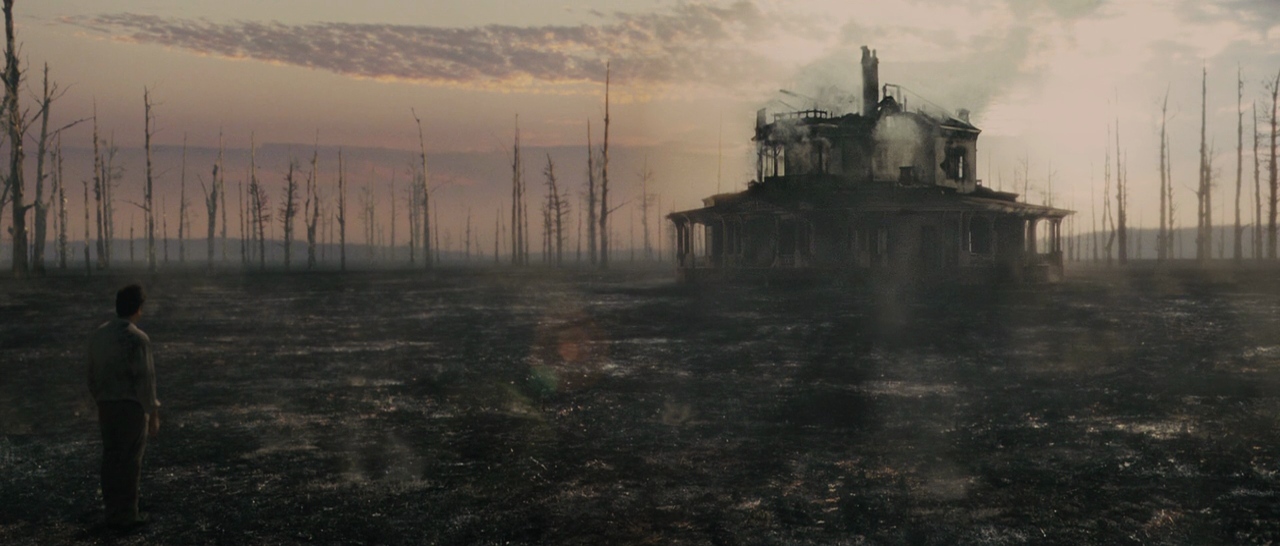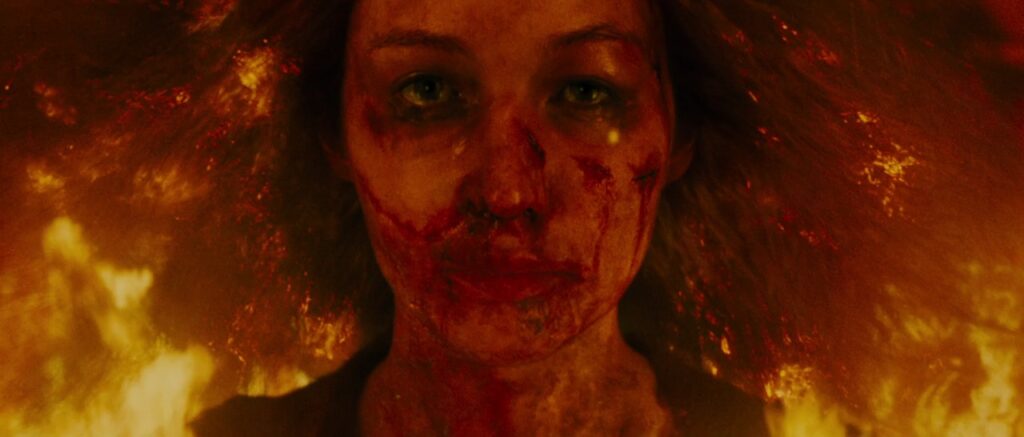
There are films that disturb, and then there are films that feel less like a movie and more like a sustained, psychological assault. Darren Aronofsky’s 2017 polarizing masterpiece, Mother!, is not for the faint of heart.
It’s a relentless, suffocating fever dream, a grand guignol of biblical allegory and domestic horror that will leave you questioning everything, including your own sanity. This isn’t just a film; it’s an exorcism of expectation, a brutal, unblinking stare into the void of artistic ego and collective consumption.
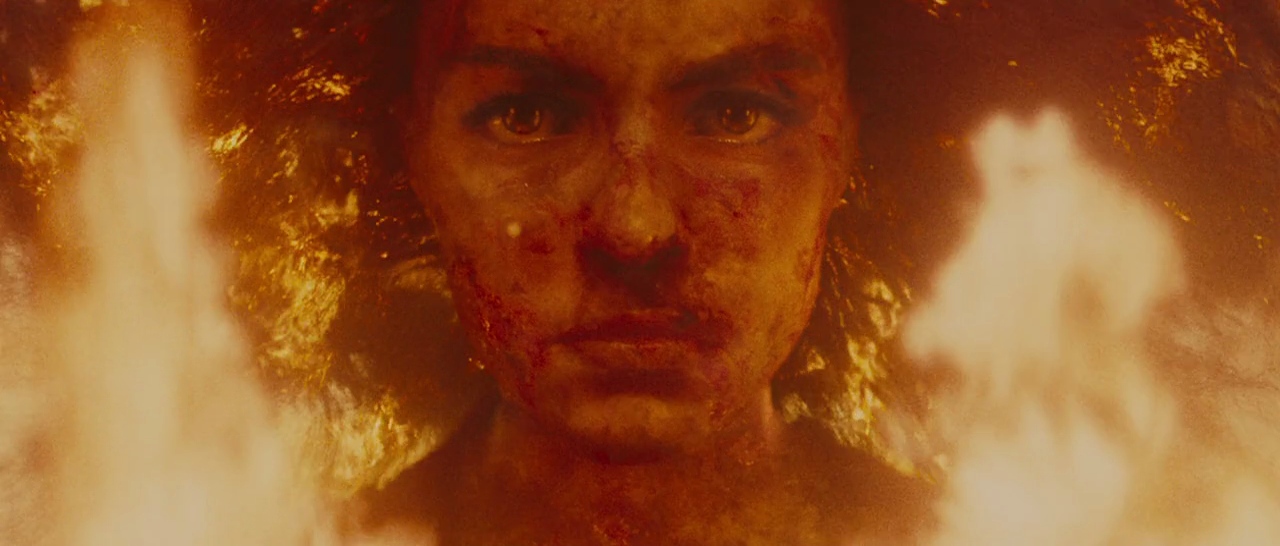
From the very first frame, Mother! traps us inside a suffocating, almost claustrophobic intimacy. We enter a restored Victorian house, a character in itself, through the eyes of its nameless inhabitant, Mother (Jennifer Lawrence). Her world is one of quiet devotion, nurturing, and an almost primal connection to the creaking, breathing edifice she’s so meticulously brought back to life. She is the tender, suffering heart of this domestic sphere, utterly subsumed by her love for Him (Javier Bardem), a poet wrestling with a creative block.
But this fragile Eden is not long for this world.
The horror in Mother! is not supernatural in the traditional sense; it’s a terrifying, escalating violation. It begins subtly, with the unwelcome arrival of Man (Ed Harris) and Woman (Michelle Pfeiffer), a pair of intrusive, boundary-obliterating guests who immediately begin to unravel Mother’s meticulously crafted peace. Their every action – smoking in the house, breaking Him’s precious crystal, inviting more strangers – is a chipping away at Mother’s sanity, a desecration of her sacred space.
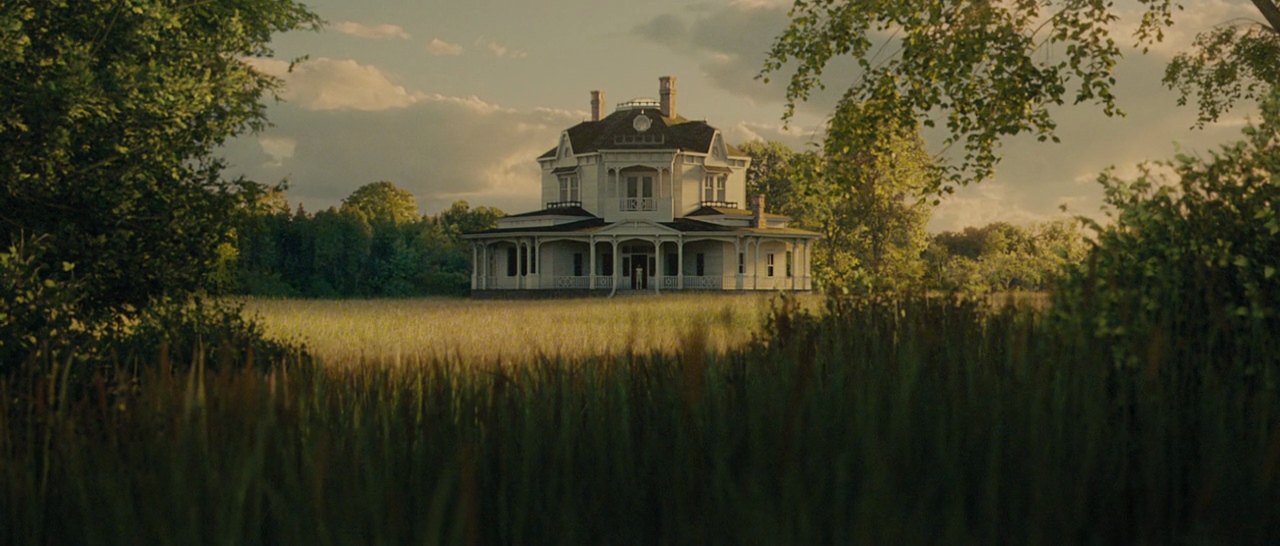
This is where the psychoanalysis bites deepest. Mother represents a kind of primal, nurturing feminine principle – perhaps Mother Earth, perhaps a muse, perhaps simply a selfless lover. Him, the Poet, embodies the destructive, self-aggrandizing masculine ego, hungry for adoration, perpetually seeking validation, and oblivious to the chaos he unleashes in his pursuit of fame. The house itself becomes Mother’s psyche, bleeding, cracking, and ultimately, imploding under the relentless onslaught of humanity’s demands.
As the film spirals into utter pandemonium, Aronofsky drags us, kicking and screaming, through a nightmarish escalation of biblical proportions. The house fills with teeming masses, worshippers, fanatics, rioters, all clamoring for Him, consuming everything in their path. The allegories are stark and brutal: the breaking of the “forbidden fruit” (the crystal), the jealousy and murder (Cain and Abel), the flood of humanity, the crucifixion and consumption of the “newborn.”
The true horror for Mother, and for us, is her utter helplessness. She is unheard, unseen, her pleas drowned out by the ravenous roar of the crowd. Her attempts to protect her home, her peace, her child, are futile against the tide of encroaching madness. We witness her terror, her disbelief, her profound betrayal. The film becomes a relentless psychological torture, forcing us to bear witness to the systematic dismantling of her entire existence, her body, and finally, her very essence.
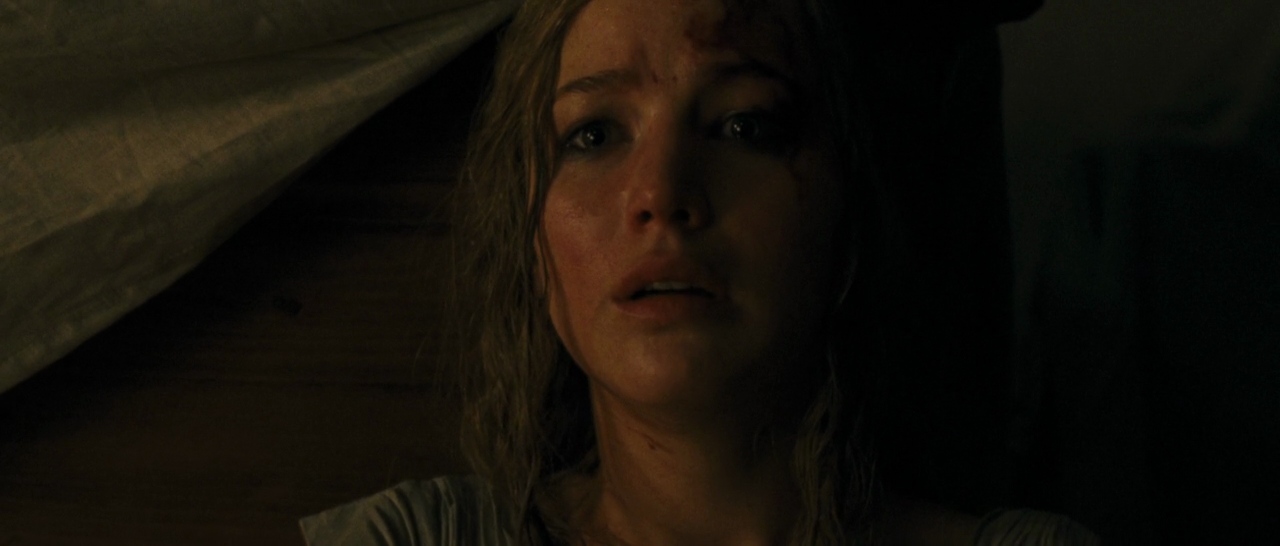
The birth scene is a masterclass in visceral, unwatchable dread. The raw, guttural agony, the brief, impossible hope, and then the unthinkable act of cannibalism – it’s a scene designed to shock, disgust, and fundamentally break the viewer. It’s the ultimate consumption, the brutal sacrifice of innocence to feed the insatiable ego of the creator and the worshipping masses. The collective “eating” of the baby isn’t just a metaphor for communion; it’s a horrifying representation of how humanity, in its darkest, most entitled moments, devours all that is pure and vulnerable in the pursuit of its own fleeting satisfaction.
Mother! is not just a film about allegory; it’s a film about trauma. It externalizes the internal torment of being consumed by another’s ego, of having your boundaries annihilated, of being perpetually overlooked and sacrificed. It’s a scream of anguish from the feminine principle, suffocated by the demands of a chaotic, destructive world.
When the house, and Mother, finally burn, it’s not a cathartic release. It’s a devastating reset, a cyclical horror that suggests this unholy torment is destined to repeat. Aronofsky forces us to confront the monstrousness of our own worship, our own consumption, our own oblivious destruction. It’s a film that demands you look, even as your instincts scream to turn away. And in its wake, it leaves behind a lingering, unsettling question: how much more will we consume before we too are consumed by the inferno?
